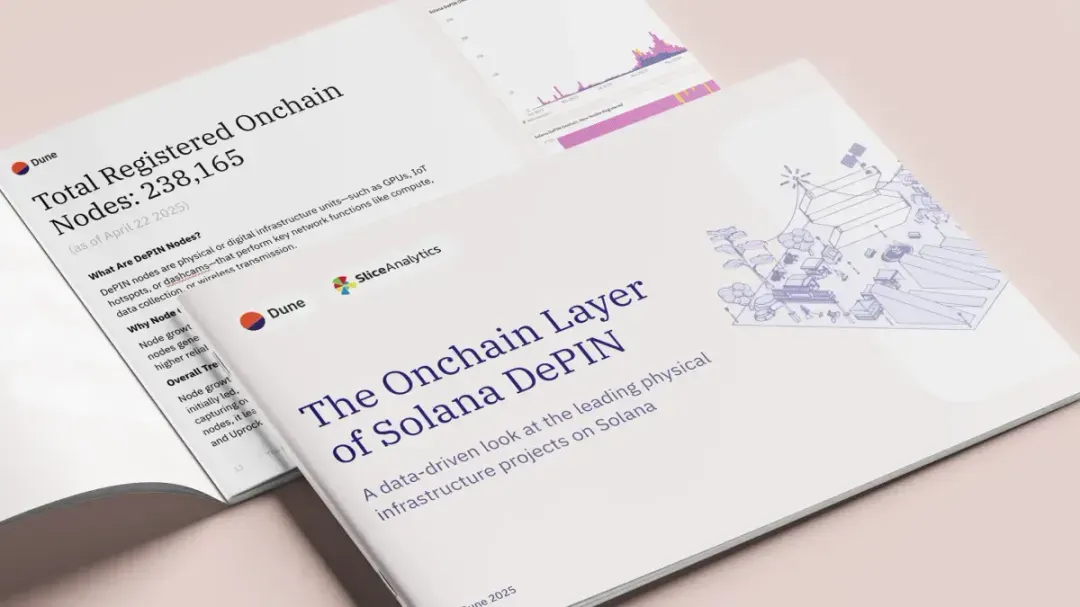JPMorgan and Mitsubishi are negotiating a $22 billion loan to finance an AI data center
JPMorgan Chase and Mitsubishi UFJ Financial Group (MUFG) are reportedly getting ready to close a financing deal worth $22 billion to support Vantage Data Centers’ development of a 1,200-acre campus in Texas, known as the “Frontier” facility.
Vantage Data Centers announced on Tuesday that JPMorgan and Mitsubishi UFJ Financial Group are leading the debt financing of its upcoming $25 billion Texas data center campus with the backing of local politicians like Republican state governor Greg Abbott.
The campus is being touted as part of Texas’ heavy investment in AI technologies. “Everything is bigger in Texas, and that includes innovation and technology,” said Abbott on Tuesday.
The financing is proof that Wall Street has gone all in on the AI arms race, as it reflects the speed at which funds are being raised to build properties that big tech companies rely on to power their artificial intelligence models.
Wall Street is rapidly raising funds to power AI models
According to sources familiar with the proceedings, private capital groups Silver Lake and DigitalBridge plan to commit an extra $3 billion in combined equity financing to support the building of the data center campus, and it is expected to be among the world’s largest upon completion.
The campus will house ten data centers, the first of which is expected to be finished mid-2026, while the rest will have been built by the end of 2028.
Vantage came into existence in 2010, thanks to an initial investment from Silver Lake, after which it started operations with a data center it acquired from Intel.
Sureel Choksi, a Silver Lake executive, played a pivotal role in the proceedings and was appointed chief executive of Vantage in 2013.
Under Choksi, Vantage grew rapidly into a global data center juggernaut, initially focused on building data centers to support the cloud computing operations of large tech groups. However, more recently, it has been building properties with more advanced specifications targeting the booming AI market.
Vantage was sold in 2017 to DigitalBridge, a private capital group focused on digital infrastructure technologies, for around $1 billion.
However, in 2024, Silver Lake reinvested in Vantage by co-leading a $9.2 billion financing alongside DigitalBridge.
Big Tech companies are turning to large investment funds to finance new data centers
The financing deal JPMorgan and Mitsubishi UFJ Financial Group are planning to underwrite is being discussed as America’s biggest technology companies turn to large investment funds to provide the funds they need to rapidly develop new data centers to avoid breaking the bank.
Examples of tech companies doing this include xAI, Meta, and Blue Owl. Elon Musk’s xAI has reportedly raised $10 billion of debt and equity since July to support the construction of its data centers in Tennessee, and has reportedly met with private credit lenders to raise even more billions.
Meta, the parent company of Facebook and Instagram, has also teamed up with investors to raise $29 billion of debt and equity for its own AI projects. It is reportedly nearing a deal with private investment firm Blue Owl and bond giant Pimco, although it has also had talks with Apollo Global Management and KKR.
Blue Owl has already helped finance a $15 billion project for Oracle and OpenAI in Texas. The State continues to attract data centers due to its relatively low electricity costs.
All this interest in data centers has analysts convinced that demand for them will continue to climb alongside the AI market, which relies heavily on such infrastructure.
If you're reading this, you’re already ahead. Stay there with our newsletter.
You May Also Like

Wiki Cat Climbs 293% Amid Market Slump as Meme Coin Breakout Tool Snorter Bot Token Nears $3.5 Million in ICO

New Crypto Assets Group Backed By Trump Gets Green Light
